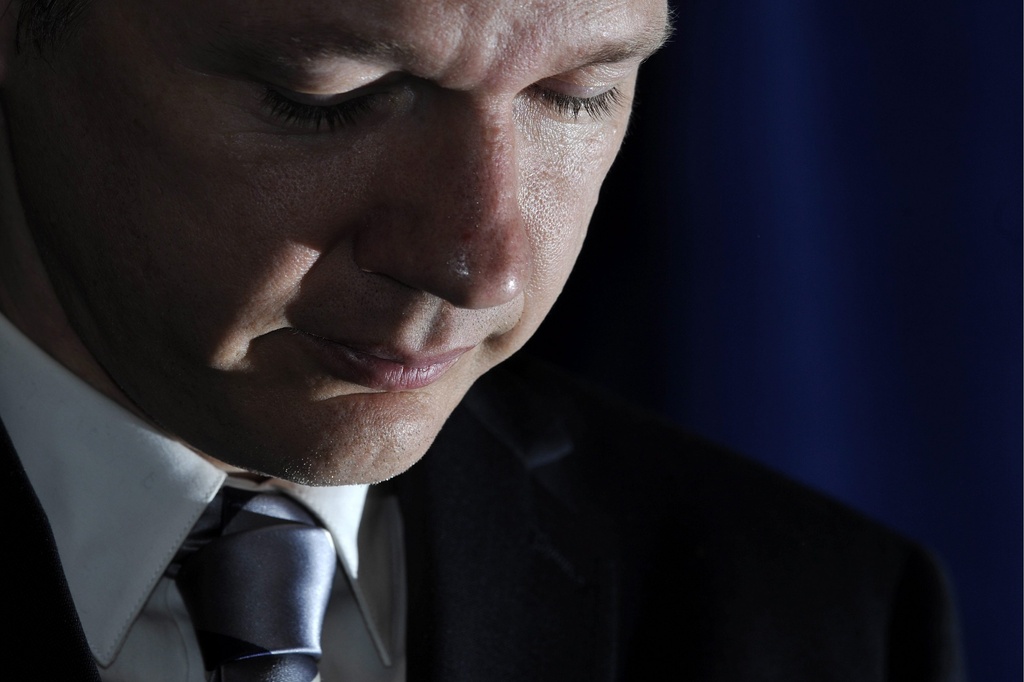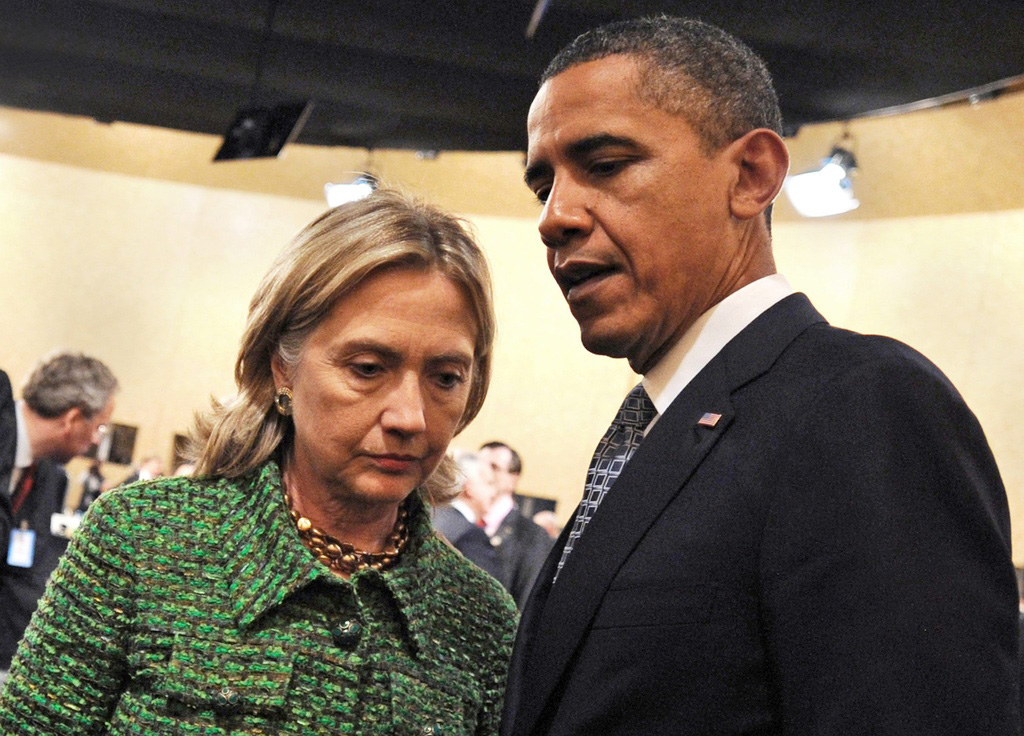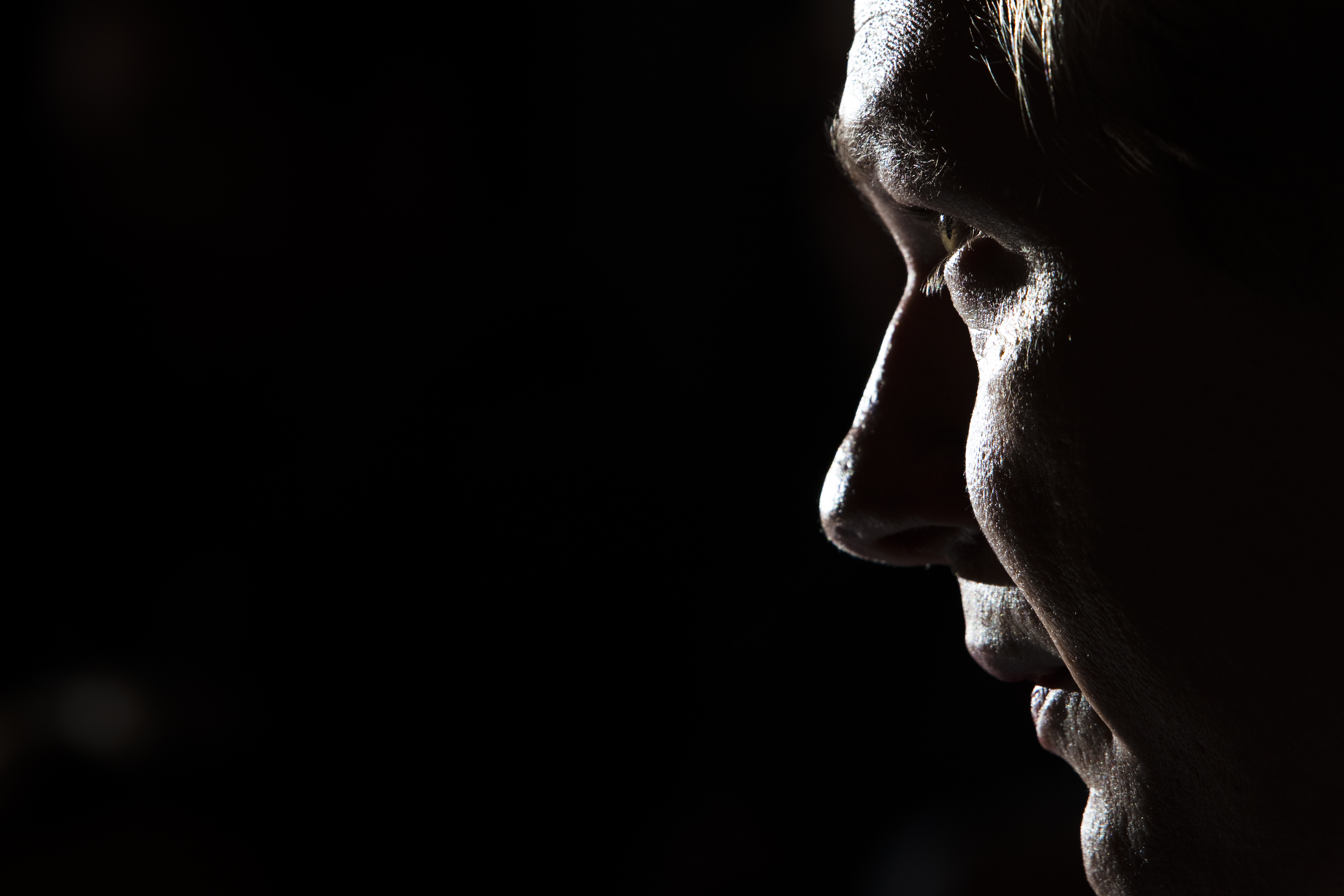Swiss experts downplay Assange asylum chances

Swiss asylum experts have cast doubt over the success of the possible request for political asylum revealed by Julian Assange, the embattled founder of Wikileaks.
In separate developments, the Swiss Pirate Party, which registered the new Wikileaks.ch domain name earlier this year, said the Swiss registrar had confirmed it would not block the site. PostFinance, the financial services arm of Swiss Post, said it was closing Assange’s account.
On November 4 the Australian founder of Wikileaks told the Swiss French-language television news that he was considering seeking political asylum in Switzerland. The Federal Migration Office refuses to comment, but observers suggest he will have a difficult task gaining political asylum.
“We believe that Assange is unlikely to receive political asylum in Switzerland, due to the necessary procedures needed,” Manon Schick, spokeswoman for Amnesty Switzerland, told swissinfo.ch.
Assange, who is reportedly staying in Britain, has come under growing pressure from politicians in the United States and around the world after his whistleblower site started publishing excerpts from a cache of 250,000 American diplomatic cables last week.
He told El Pais newspaper on Sunday that he faced “hundreds of death threats,” including some targeting his lawyers and children, in addition to the pressure from prosecutors in the US and other countries.
“However, it is the specific calls from the elites of US society for our assassination, kidnapping and execution that is more concerning,” he told the Spanish paper.
Schick said she knew nothing about these threats, nor of his condition, which are important to prove during asylum requests, but those from the US would not be sufficient.
“Swiss authorities will check any asylum request, but Assange has to prove that there is a politically motivated case against him and that Australia cannot protect him,” added Adrian Hauser, head of communications at the Swiss Refugee Council.
Down under
Australia’s attorney general, Robert McCelland, said on Sunday that Australia would provide consular assistance to Assange if he returned there.
But it emerged at the weekend that Australian police are investigating whether Assange has broken any of the country’s laws which would make him liable to prosecution.
Less than a month ago, Assange was hoping to settle in Sweden, but his residence request was rejected. Swedish prosecutors have since sent an international arrest warrant to the British Metropolitan police, seeking the extradition of Assange for questioning on allegations – which he strongly denies – of rape, sexual molestation and unlawful coercion.
Schick said any indications that Assange had been in Sweden but had only applied for a residence permit “would be a sufficient argument” for Switzerland to drop the case.
On Sunday the US ambassador to Switzerland, Donald Beyer, entered the fray when he told the newspaper NZZ am Sonntag that Switzerland “should very carefully consider whether to provide shelter to someone who is on the run from the law.”
Swiss pirates, ahoy!
Before revealing that he was interested in seeking sanctuary in Switzerland, Assange met members of the Swiss Pirate Party, a group that formed two years ago to campaign for freedom of information.
“We contacted Assange to see how we could help,” party vice-president Pascal Gloor explained to swissinfo.ch. “Our president worked at the Federal Migration Office for a while so knows the procedures and migrants’ rights.”
On December 3 the whistleblower’s site was forced to switch domain names to Wikileaks.ch after the US host of its main website, WikiLeaks.org, pulled the plug.
Six months earlier the Swiss Pirate Party had registered the Wikileaks.ch domain name with the Swiss registrar, Switch, a non-profit registrar set up by the Swiss government for all 1.5 million Swiss .ch domain names.
Over recent days as major internet companies cut off services to WikiLeaks, activists have also created hundreds of “mirrors” of the WikiLeaks site on their own servers.
Swiss account closed
The risk of Wikileaks.ch having to close are limited, said Gloor.
“Domain names can be taken down in Switzerland but that has to come after a decision by a judge. Switch told us that it had no intention of taking it down,” he said.
The Federal Communication Office confirmed to swissinfo.ch that under existing Swiss telecommunication laws it was not possible to close the domain name.
Up until Monday the site also showed Assange had begun accepting direct donations into a Swiss bank account at the Swiss postal service, PostFinance, under his name, while also using a Swiss-Icelandic credit card processing centre and other accounts in Iceland and Germany.
But late Monday afternoon the Swiss Post announced that it had closed Assange’s PostFinance account because of “false indications regarding his place of residence”; Assange had declared Geneva his place of residence.
A foreigner holding a Postfinance account must either reside in Switzerland or near the Swiss border, have Swiss business dealings or own Swiss property.
Postfinance will now try to contact Assange to find out the name of an account to which it can transfer the money, a spokesman told the Swiss news agency.
If it cannot be transferred, it will be placed in a blocked account until claimed by someone with a legal right to it. This will make it harder for Wikileaks to access the donations.
The whistle-blowing website Wikileaks has released a cache of 250,000 secret messages sent by US diplomatic staff.
So far, Wikileaks has published on its site 931 US “cables”; it has given the files in full to five media groups, including the New York Times and Guardian newspapers.
About 700 of the classified documents published by the online whistleblower came from the US embassy in Bern and the US mission in Geneva.
Most of the cables emanating from Bern were sent between the end of 2005 and February 2010 – more than half from 2009 (89) and 2008 (66).
The Swiss cabinet was not yet aware of the content of these cables and therefore would not issue a statement, a government spokesman said on Monday.
The more explosive issues among the thousands of leaked cables presented so far concern Iran, spying on United Nations officials, Russia, China, Saudi Arabia, North Korea, Afghanistan, drones in Yemen, Pakistan and the Guantanamo Bay detention centre.
The leaks also disclosed bluntly candid impressions from both diplomats and other world leaders about America’s allies and foes.

In compliance with the JTI standards
More: SWI swissinfo.ch certified by the Journalism Trust Initiative














You can find an overview of ongoing debates with our journalists here . Please join us!
If you want to start a conversation about a topic raised in this article or want to report factual errors, email us at english@swissinfo.ch.